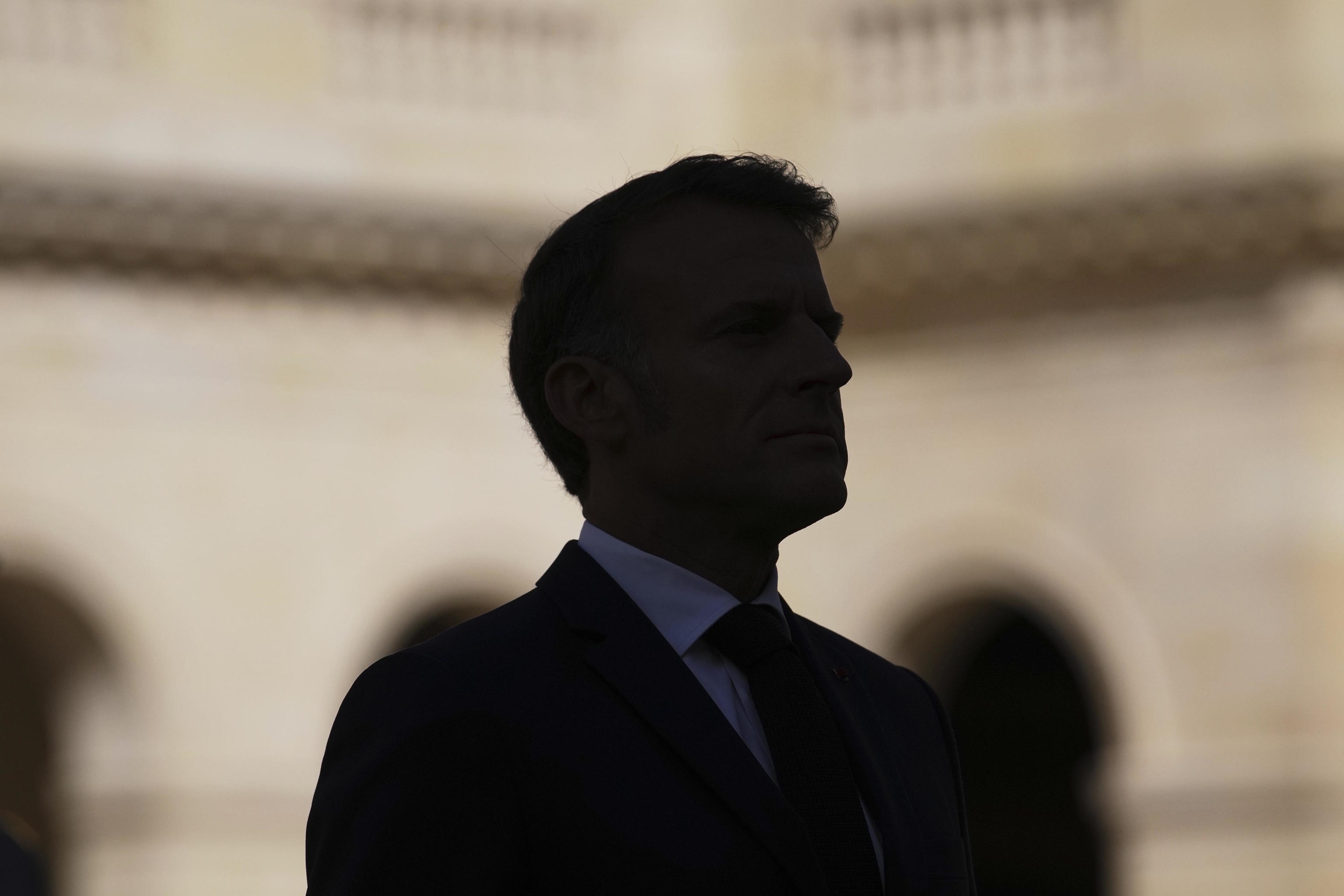The appointment of Macron supporter Sébastien Lecornu as the third prime minister in a year has not calmed national tension but rather the opposite. The general strike called by the unions for September 18th threatens to further increase political tension, and Emmanuel Macron will have to face his angry compatriots sooner or later.
"Macron has the obligation to explain how he will solve the situation and what plans he has for the remaining 19 months," declared Xavier Bertrand, a prominent member of The Republicans, who was strongly rumored as a potential prime minister. "The president must show that he is willing to radically change our policies".
"Macron has not understood the functioning of our democratic system," argues former Prime Minister Dominique Villepin, now leading his new party, La Francia Humanista. "He needs to show less arrogance and more willingness to listen to the French people".
Villepin, with his sights set on the 2027 presidential elections, has strongly criticized the appointment of loyalist Sébastien Lecornu, 39, who switched from The Republicans to Macron's camp and has been part of his last five governments: "We cannot continue with the game of boys who entertain the president with a glass of whisky in hand. [Lecornu] cannot become the president's lapdog".
Even Nicolas Sarkozy, awaiting a late September verdict on the Libyan financing of his presidential campaign, has seemingly broken ranks with Macron, accusing him of "wanting to put the right foot in the left shoe and vice versa". According to him, Macron's response to the latest crisis is due to his "natural inclination to buy time" and his tendency to "ask for opinions before systematically doing the opposite".
During his inauguration, Lecornu promised a "break" and a "fundamental change" compared to his predecessor, François Bayrou. In fact, his consultations with parties and unions extended beyond the expected, significantly delaying the formation of his new government.
Interior Minister Bruno Retailleau, the most highly rated by the French, has become a key player in the negotiations, leading The Republicans. Retailleau challenged the president at the start of summer, stating: "Macronism will end with Emmanuel Macron, simply because it is not a political movement or an ideology, but is essentially based on one man".
The same man projecting his statesman image abroad and leading the European response to the Ukraine war and the recognition of the State of Palestine at the UN, is currently seen by the French as "the defeated president," as declared this week by Boris Vallaud, head of the Socialist Party in the National Assembly.
"Emmanuel Macron has actually been the generator of the current political crisis, with his decision to call early elections [in July 2024] and the chaotic results we are witnessing," warns Jean-Éric Schoetti, former Secretary-General of the Constitutional Council, who proposes early presidential elections in 2026 as a political solution.
According to political commentator Alain Duhamel, author of Emmanuel, the Bold, the underlying problem goes beyond Macron himself: "We are in a situation comparable to 1958 [with the collapse of the Fourth Republic], when governmental instability became a caricature. We are experiencing both a regime crisis and a societal crisis at the same time".
Speaking to Le Monde, Duhamel blames Macron (for his "incomprehensible decision" to dissolve the National Assembly in 2024), the opposition political forces, "who do not seem to be aware of the seriousness of the economic situation", and ultimately the French people, "who know the situation is difficult but refuse to see the consequences, as if we could escape indefinitely from the unpleasant - yet necessary - decisions applied in countries like Spain, Portugal, or Italy".
